Game Over for Kagame: #KoBold Metals and Bill Gates Move to Congo,
The Democratic Republic of Congo (#DRC) is finally receiving the attention and respect it deserves. A powerful U.S. company called KoBold Metals, supported by billionaires Bill Gates and Jeff Bezos, is now preparing to invest in Congo’s rich lithium resources. This move could bring huge change to the country and marks a major shift in global interest, away from Rwanda and into Congo, where the real value lies.
For years, Rwanda under Paul Kagame has been accused of stealing Congo’s natural resources, especially from the east of the country. While the world turned a blind eye, Kagame’s regime continued to support rebel groups that caused violence in Congo, all to gain control of valuable minerals like cobalt and gold. Rwanda’s so-called “success story” was built on Congo’s stolen wealth, but now the tide is turning.
Today, the world is seeing the truth, and Bill Gates, once close to Kagame, is moving his support to Congo. This is not just business; this is justice.
KoBold Metals is using modern technology and artificial intelligence to find and develop critical minerals needed for electric cars and green energy. Lithium is one of these minerals, and Congo’s Manono project holds one of the largest hard rock lithium deposits in the world. KoBold wants to help develop it fairly, legally, and in partnership with the Congolese people.
In a letter to President Félix Tshisekedi, KoBold said the Manono area "has the potential to become a large-scale, long-lived lithium mine." This is not a small promise. This is a serious opportunity for Congo to grow its economy, create jobs, and become a global leader in clean energy minerals.
What is Lithium?
Lithium is a special metal used to make rechargeable batteries, like the ones in electric cars, smartphones, and solar power systems. As the world moves to clean energy, lithium is becoming one of the most important resources on Earth. That’s why countries and companies are racing to secure it. Congo’s lithium, especially from the Manono project, could power the future of green energy worldwide
While Congo is working hard to attract honest investment, a legal fight between Australian company AVZ Minerals and Chinese firm Zijin has slowed progress. Years ago, Congo canceled AVZ’s license and gave part of the land to China’s Zijin. But now, with support from the U.S. and KoBold Metals, Congo has a chance to move forward with trusted partners, not those who want to take without giving back.
Even more powerful is what this shift means for geopolitics in Africa. The United States, through companies like KoBold, is showing it wants to support real partnerships with Congo, not just benefit from its resources. This could help weaken Rwanda’s unfair influence, which has caused too much damage already.
Let’s not forget: Congo holds the world’s biggest supply of cobalt, the second-largest supply of copper, and large amounts of lithium, tin, and gold. These are not just rocks but they are the future of the world’s energy, and Congo owns them.
View 407 times
#Somalia. Divisions and disorganisation behind al-Shabaab's dramatic counter-attack on Mogadishu .
The Islamist armed group is taking advantage of feuding clans and President Hassan Sheikh Mohamoud's isolation to step up its attacks on the capital during Ramadan.
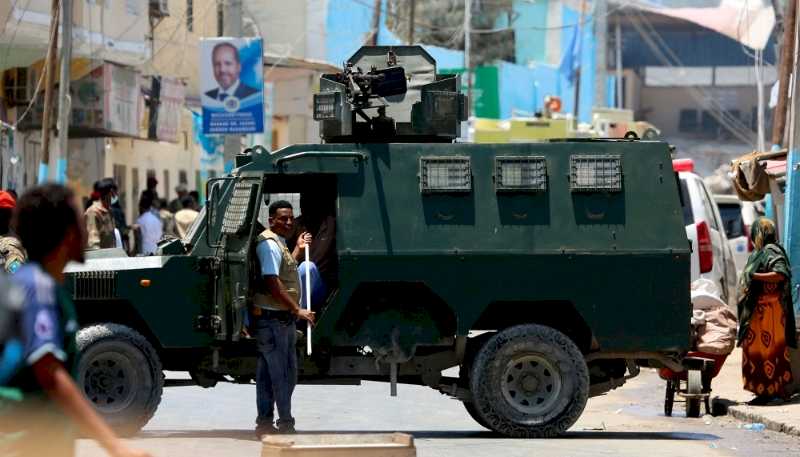
View 412 times
Inner circles | Burkina Faso
Chinese adviser, traditional hunter, banker... a deep dive into Ibrahim Traoré's business circles.
To support the country's war effort against jihadist groups, the head of Burkina Faso's junta relies on a new generation of businessmen whose rise he has encouraged. He is also maintaining relations with a number of old-timers from previous governments.
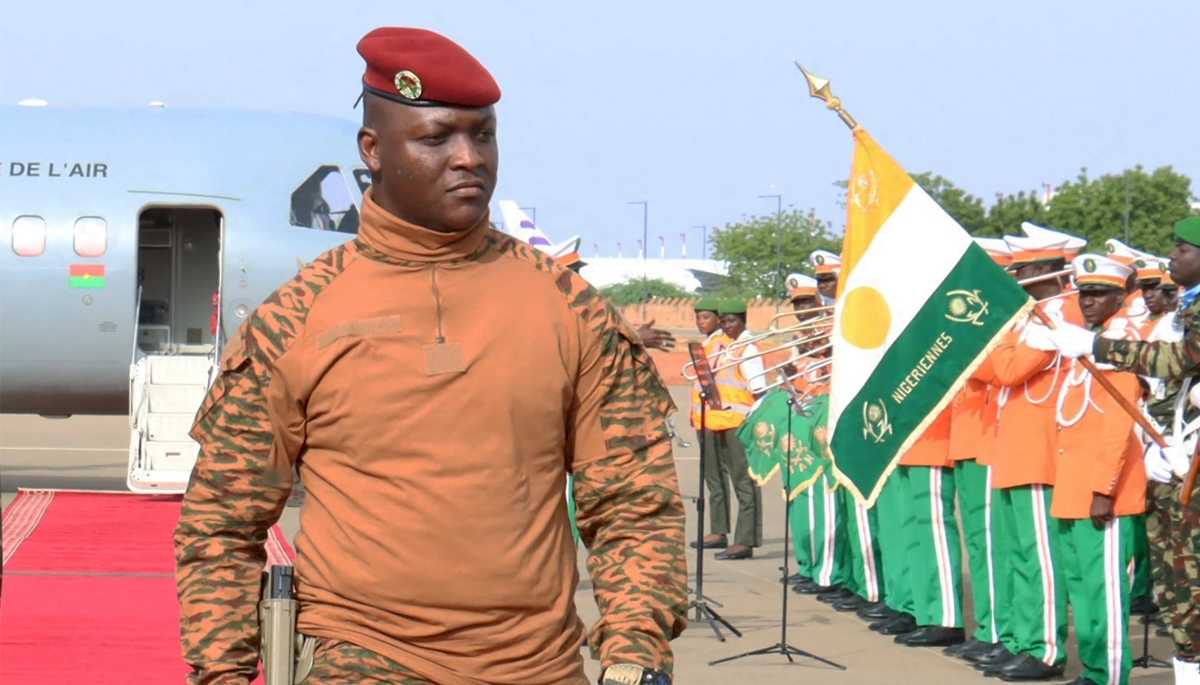
View 410 times
#𝗞𝗔𝗚𝗔𝗠𝗘 IS WORRIED ABOUT THE 🇺🇸U.S.🤝🇨🇩Congo’s 𝗠𝗶𝗻𝗲𝗿𝗮𝗹𝘀 𝗗𝗘𝗔𝗟 but Here’s Why ✍️
1/ For YEARS, Congo has been rich in minerals but poor in reality. 💰 Billions in cobalt, lithium, and uranium flow out, but the people see NOTHING.
Why? Because corrupt elites, foreign powers, and Kagame’s destabilization machine have turned Congo’s wealth into their personal cash machine. 👇
2/ Now, President Tshisekedi is changing the game. 🇨🇩 He wants a direct mining partnership with the U.S. that secures America’s critical minerals while bringing fairness to the Congolese people.
🚨 This is a THREAT to Kagame’s business model! Here’s why… 👇
3/ Kagame and Rwanda’s economy depend on stealing Congo’s minerals. 🇷🇼 For years, Kagame has fueled war and chaos to keep DRC weak, looting resources and selling them to China.
📌 A strong, stable Congo means Kagame loses his biggest source of stolen wealth.
4/ China LOVES this. 🇨🇳 Chaos is GOOD for Beijing.
💰 They exploit corrupt deals
💰 They back Kagame’s smuggling networks
💰 They secure Congo’s minerals without accountability
China isn’t here to help Congo. It’s here to exploit, extract, and control. 👇
5/ Meanwhile, back in Congo: We won’t let Kabila and Katumbi keep holding the nation hostage.
📌 They got rich off these corrupt deals while the people got NOTHING.
🚨 This U.S.-Congo deal will finally break that cycle. 👇
6/ Tshisekedi is bringing a NEW DEAL to Trump and the U.S. 🤝
This is NOT just about minerals. It’s about sovereignty, security, and stopping the system that keeps Congo poor. 🇨🇩
Here’s what changes: 👇
7/ 🔥 A U.S.-Congo Partnership Ends the Looting! 🔥
✔ No more stolen minerals funding Kagame’s war machine
✔ No more child miners dying in illegal operations
✔ No more China walking away with trillions while Congo stays poor
🚨 Kagame is TERRIFIED of this deal! 👇
8/ Unlike China’s corrupt backdoor deals, the U.S. operates under strict regulations:
✅ Labor rights respected
✅ Environmental standards followed
✅ Financial transparency guaranteed
Finally, Congo benefits from its OWN wealth but not Kagame, not China, not corrupt elites. 👇
9/ Remember: Congo used to be a key U.S. ally during the Cold War. 🇨🇩🇺🇸
Today, it can help America fight terrorism, secure borders, and stop uncontrolled migration.
🔥 This isn’t just a deal and it’s a REVOLUTION. 👇
10/ With Trump and Tshisekedi leading, it’s time for:
💥 Congo to take back control
💥 The U.S. to secure its minerals
💥 Kagame’s criminal empire to COLLAPSE
No more stolen wealth. No more Kagame. No more Chine

View 417 times
#Senegal has started refining its oil for the first time at the African Refinery Company in Dakar. The refinery previously refined imported fuel.

View 463 times

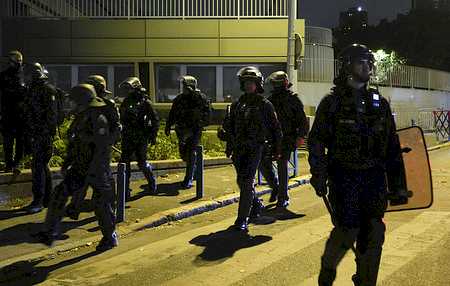



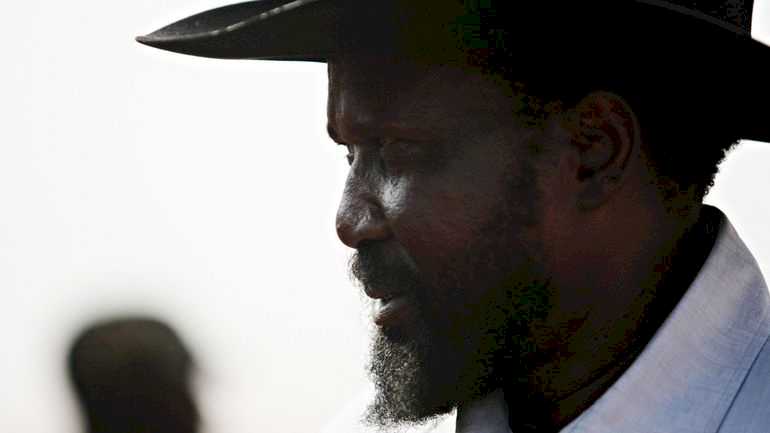
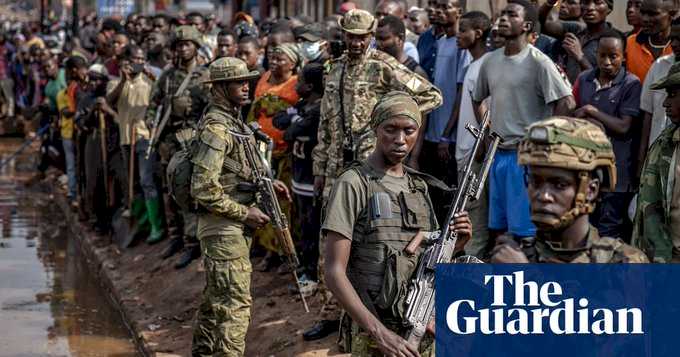
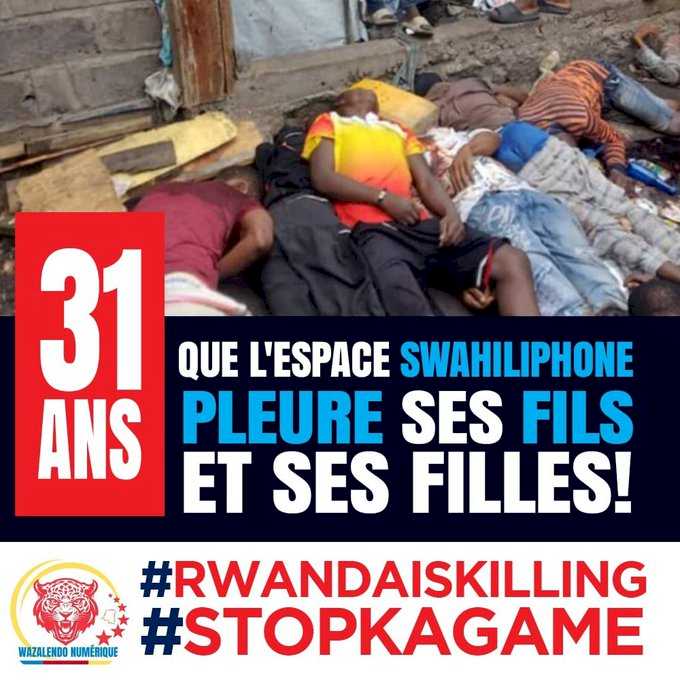


Africa news on Umojja.com